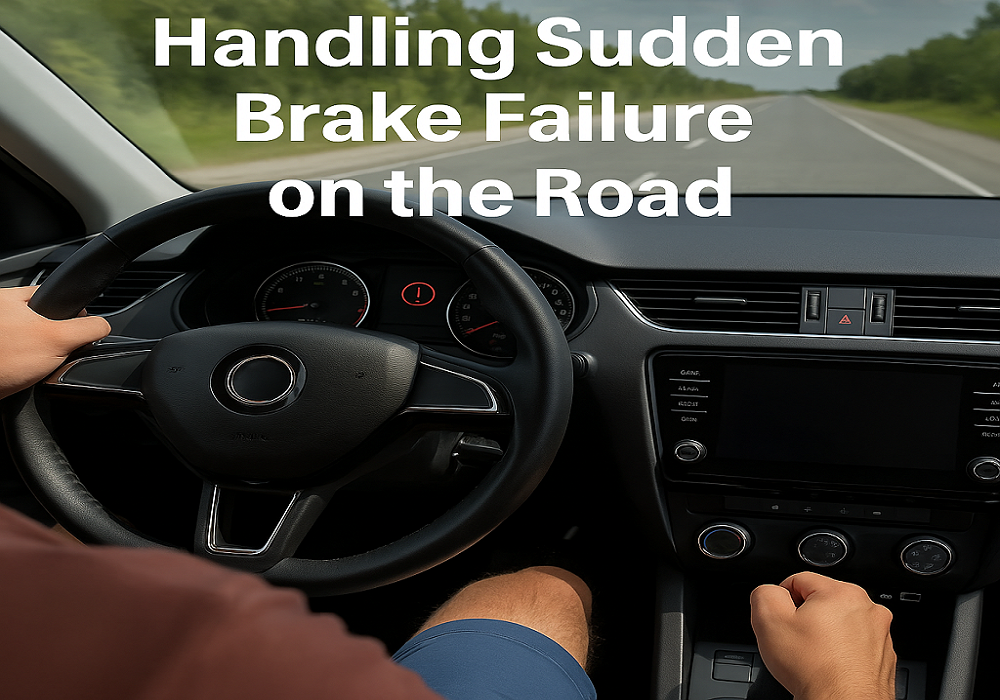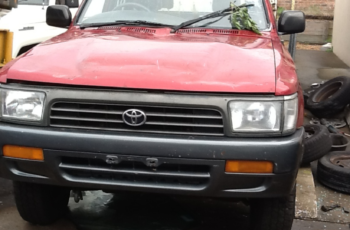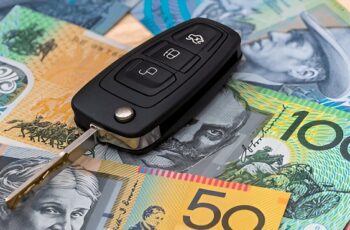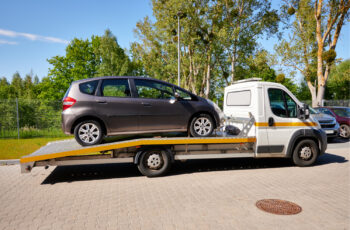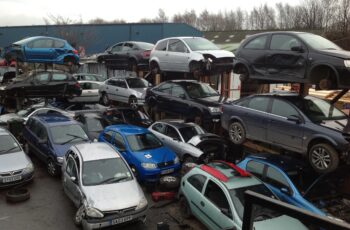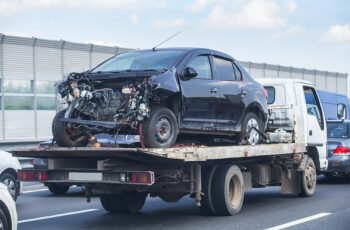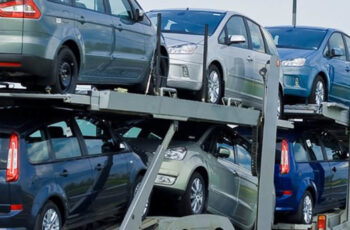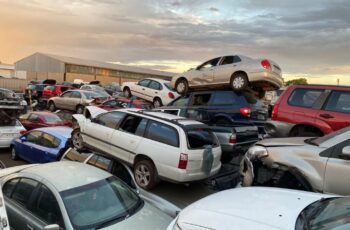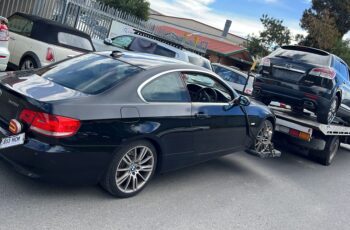Driving can be unpredictable, and one of the most frightening situations for any motorist is sudden brake failure. While modern vehicles are equipped with advanced safety systems, mechanical issues can still happen. Whether you’re driving an old car you’re planning to sell to a cash for cars Perth service or a newer model, it’s important to know how to respond calmly and effectively when your brakes stop working.
Here are some top safety tips to help you handle brake failure and bring your car to a stop safely.
Stay Calm and Don’t Panic
The first and most important step when your brakes fail is to stay calm. Panicking can lead to rash decisions that put you and others at risk. Take a deep breath, keep both hands firmly on the steering wheel, and focus on safely slowing the car down.
Take Your Foot Off the Accelerator
If your brakes stop working, immediately lift your foot off the accelerator to reduce speed. Allow the vehicle to slow down naturally using engine resistance. Even a small decrease in speed gives you more control and more time to plan your next move.
Downshift to Lower Gears
In vehicles with manual transmissions, gently shift down through the gears to use engine braking. In automatics, you can move the gear selector to “L” (low) or “2” to achieve a similar effect. This reduces speed without relying on your brakes.
Use the Emergency Brake Carefully
Every car is equipped with a handbrake or electronic parking brake. This is a crucial tool during brake failure, but it should be applied gradually to avoid locking the wheels. Pulling the handbrake too hard can cause skidding, so use it slowly to bring the car to a controlled stop.
Look for Safe Escape Routes
When brakes fail, scan your surroundings for a safe area to pull over. Options include:
-
Empty side streets
-
Open fields or grass verges
-
An uphill road that will naturally slow the car
Avoid crowded areas or busy intersections. Your goal is to steer clear of traffic until you can stop.
Warn Other Drivers
Turn on your hazard lights and honk your horn if necessary to alert nearby drivers. This helps them give you space, reducing the chance of a collision. Communicating with other road users is essential when your vehicle is not under full control.
Use Road Friction to Your Advantage
If you can’t stop quickly enough, use the environment to help. Driving over rough terrain, gravel, or even rubbing gently against a curb can create extra friction that slows the car down. While it may cause minor vehicle damage, your safety is far more important.
Avoid Turning Off the Engine Immediately
Switching off the engine too soon may disable your power steering, making the vehicle harder to control. Only turn off the ignition once the car has slowed significantly and you’re ready to stop completely.
Get Your Car Inspected Immediately
After experiencing brake failure, don’t attempt to drive again until the vehicle has been checked by a professional mechanic. Brake issues can stem from worn pads, leaking fluid, or malfunctioning systems, and ignoring the problem puts lives at risk.
Prevent Future Brake Failures
Prevention is always better than cure. Regular maintenance checks can help you avoid brake failure altogether. Make sure to:
-
Inspect brake pads and discs regularly.
-
Check brake fluid levels.
-
Listen for squealing or grinding noises.
-
Pay attention to warning lights on your dashboard.
If your car is old and brake problems keep occurring, it may be time to sell it. Many Perth drivers choose car cashiers services to get rid of unreliable vehicles quickly and profitably.
Conclusion: Stay Prepared, Stay Safe
Sudden brake failure is rare, but knowing how to respond can save lives. By staying calm, using engine braking, applying the handbrake carefully, and choosing safe escape routes, you can bring your car to a stop without disaster. And if your car is showing frequent brake issues, it may be more practical—and safer—to sell it to a cash for cars Perth company rather than risk another breakdown. Safety should always come first, on and off the road.

